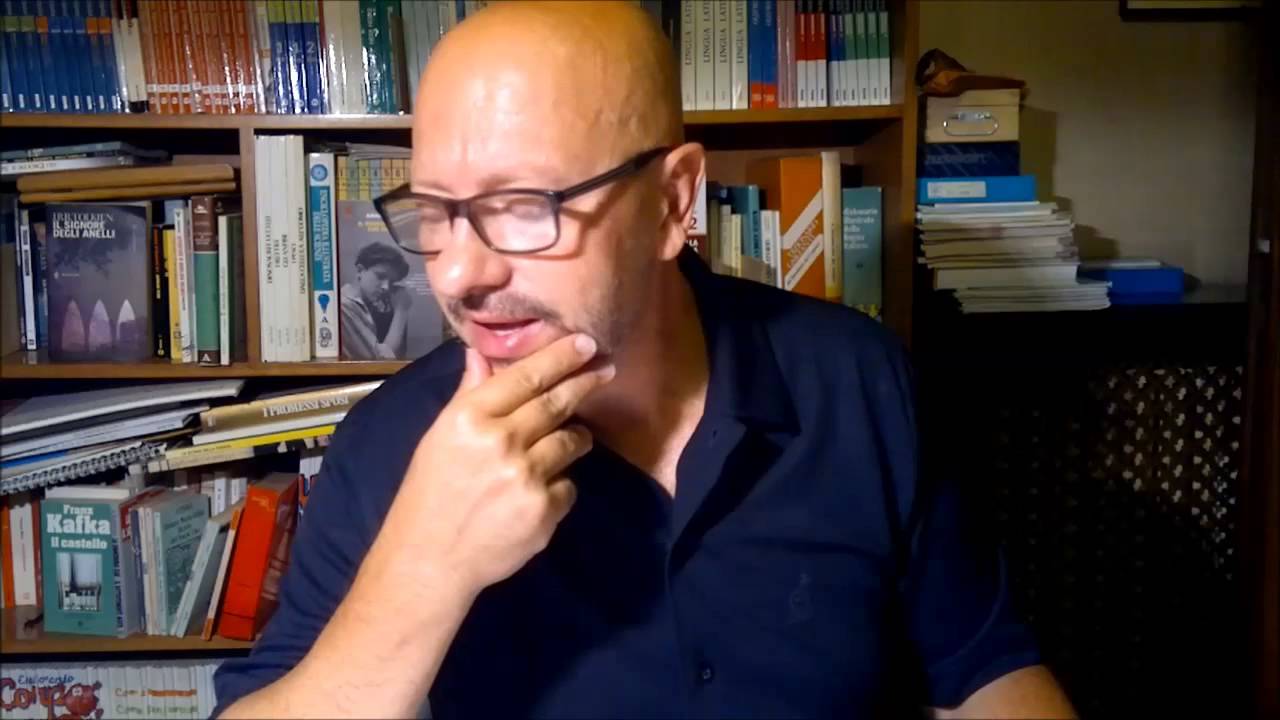
Confronto tra le utopie di Tommaso Moro e Tommaso Campanella
27 Dicembre 2024
Il Positivismo, un’era di scienza e progresso
28 Dicembre 2024Ludwig Feuerbach (1804–1872) is a central figure in 19th-century philosophy and an important critic of Hegelian idealism.
With his thought, Feuerbach shifted the focus from idealistic and speculative philosophy towards an anthropological and materialistic approach, anticipating some themes of Marxism and profoundly influencing contemporary thought.
Historical and Cultural Context
Hegelian formation: Feuerbach was initially a follower of Hegel but broke away from his master to develop a more concrete philosophy linked to the human being.
Critique of Christianity and religion: His work is set in the climate of the crisis of traditional religion, characteristic of the 19th century.
Influence of materialism: Feuerbach’s thought represents a transition from idealist thought to a materialist and humanist perspective.
Feuerbach’s Philosophy: Fundamental Points
a. Critique of religion
- Religion as alienation: Feuerbach argues that God is not an external or transcendent reality but a projection of the human being.
- Divine attributes (omnipotence, goodness, wisdom) are nothing more than idealized human qualities.
- Anthropology of religion: Religion arises from the human need to overcome its limits and find consolation.
- God is “the essence of man projected externally”.
- Overcoming religion: Feuerbach invites us to replace religion with an atheistic humanism, in which man recognizes himself as the creator of his own values.
b. Philosophical anthropology
- The essence of man: Feuerbach places the human being at the center of his philosophy, understood as a concrete, material, and sensible entity.
- Man is defined by his relationships with others and with nature.
- Centrality of the senses: He criticizes Hegelian idealism for having neglected the body and the senses.
- Human knowledge derives from sensory perception, not from abstract speculation.
c. Overthrow of idealism
- Materialism: Feuerbach abandons Hegel’s idea of the Absolute Spirit, arguing that reality is primarily material.
- Philosophy must start from real man: Contrary to Hegel, Feuerbach does not consider thought as the foundation of reality, but underlines the importance of concrete experience.
d. Humanism
- Love and solidarity: Love is seen as the fundamental principle of human relationships.
- Feuerbach proposes an ethics based on altruism and solidarity, without resorting to religious principles.
- The human community: The realization of man takes place in the relationship with others, in a community where individual differences are overcome.
Main Works
“Essence of Christianity” (1841): Feuerbach’s most famous work, in which he analyzes Christianity as an anthropological projection. Religion is seen as a human product that reflects the needs and aspirations of man.
“Principles of the Philosophy of the Future” (1843): In this work, Feuerbach outlines his philosophy as a response to idealism and a proposal for materialistic humanism.
“The Essence of Religion” (1846): Deepens the critique of religion, considering it a form of human dependence on nature.
Criticisms of Hegel
Abstractness of the Hegelian system: Feuerbach accuses Hegel of having neglected the concrete, real man, and of having reduced philosophy to a speculative exercise.
Rejection of the Absolute Spirit: According to Feuerbach, the idea of an absolute and universal principle is an abstraction devoid of meaning for human life.
Need to return to reality: Philosophy must deal with the human being in its concreteness, not abstract concepts.
Influence of Feuerbach’s thought
Karl Marx: Marx adopts Feuerbach’s critique of religion but integrates it into a broader vision of historical materialism. He criticizes Feuerbach for not fully understanding the social and political dimension of alienation.
Atheistic humanism: Feuerbach is a central figure in atheistic humanism, influencing philosophers such as Nietzsche and Sartre.
Psychology and sociology of religion: His ideas have anticipated many developments in the psychology and sociology of religion, from Freud to Durkheim.
Criticisms of Feuerbach
Excessive simplification: The reduction of religion to an anthropological projection has been judged too simplistic.
Anthropological limitation: Feuerbach is accused of not having developed a true analysis of social and political structures.
Lack of a political project: Unlike Marx, Feuerbach does not offer a clear vision of how to transform society.
Legacy Feuerbach played a crucial role in the transition from idealist to materialist philosophy. His criticisms of religion and speculative thought have paved the way for new developments in the fields of philosophy, sociology, and anthropology, making him one of the protagonists of 19th-century philosophy.
Appunti e materiale didattico su atuttascuola
-
Ludwig Feuerbach (1804–1872), the philosopher who revolutionized the nineteenth century di atuttascuola
-
Ludwig Feuerbach, materialismo e umanesimo di atuttascuola
- Appunti su Ludwig Feuerbach (1804–1872), il filosofo che ha rivoluzionato l’ottocento di Miriam Gaudio
Appunti e materiale didattico su altri siti
-
Feuerbach di Diego Fusaro
-
Feuerbach del prof. Donato Romano
-
L. Feuerbach di Claudio Fiorillo
-
Filosofia dell’Ottocento dopo Hegel di Diego Fusaro
Audio Lezioni, ascolta il podcast di Filosofia del prof. Gaudio
Ascolta “Filosofia” su Spreaker.





2 Comments
[…] Ludwig Feuerbach (1804–1872), the philosopher who revolutionized the nineteenth century di atuttascuola […]
[…] Ludwig Feuerbach (1804–1872), the philosopher who revolutionized the nineteenth century di atuttascuola […]